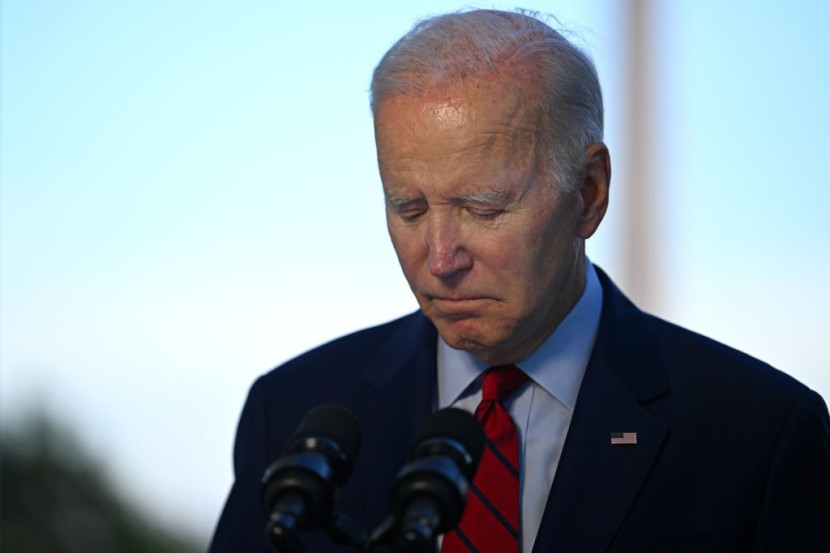
The monkeypox outbreak is getting problematic as the United States records 7,000 confirmed cases, forcing President Joe Biden to declare a national health emergency to try and address the outbreak.
The announcement came on Thursday during a briefing with the Department of Health and Human Services. The Biden administration has been criticized many times as a result of its handling of the outbreak, with some calling on the government to declare a national emergency quickly.
Public Health Emergency
Since the first confirmed case of monkeypox in the US was reported in mid-May, more than 6,600 probably or confirmed cases have been detected in various parts of the country. Cases have also been identified in every state except Montana and Wyoming.
Biden's declaration of a public health emergency follows the World Health Organization's (WHO) announcement last month. The health agency said that monkeypox is now a public health emergency of international concern due to its rapid spread and extent of reach, as per CNN.
WHO defines a public health emergency of international concern, or PHEIC, as "an extraordinary event" that constitutes a "public health risk to other States through the international spread of disease" and "to potentially require a coordinated international response."
Some cities and states in the US, including New York City, San Francisco, California, Illinois, and New York, have already declared monkeypox an emergency. This allows them to free up funding and resources for their responses to the monkeypox outbreak.
Read Also: Brazil, Spain Report First Monkeypox-Related Deaths Outside of Africa as Outbreak Spreads
According to Cidrap, the US has the biggest jump in monkeypox cases in the world, with an increase of 18.7% last week. The majority of worldwide cases in the past month have come from the US and Europe.
Monkeypox Outbreak
The WHO said that the United States saw the largest spike in cases in the last week of July. Out of all the 83 countries that showed data, there have been 23,351 laboratory-confirmed cases of monkeypox.
Ten countries put together account for 89% of the world's cases, including the United States, Spain, Germany, the United Kingdom, France, Brazil, the Netherlands, Canada, Portugal, and Italy.
There are only 15 countries that have reported no new cases in the last 21 days, with 20 countries reporting an increase in cases in the same period. Five countries reported their first case in the past week, including the Philippines, Montenegro, Uruguay, Liberia, and Sudan.
Biden's declaration of a public health emergency for monkeypox comes as supplies of vaccine for the virus, called Jynneos, have been severely constrained. Compared to a decade ago, the United States had 20 million Jynneos doses, but the majority of which had expired by May of that year.
Furthermore, tests have been difficult to obtain, surveillance has been spotty, and it has been challenging to get an accurate count of the cases in the country. The Biden administration has also been blamed for not doing enough to educate residents in the LGBTQ community, who are at most risk statistically, before gay pride celebrations in June, the New York Times reported.
Related Article: Monkeypox Outbreak: US Health Secretary Pleads for Cooperation To Fight New Disease; 780,000 Doses of Vaccine Available Friday








